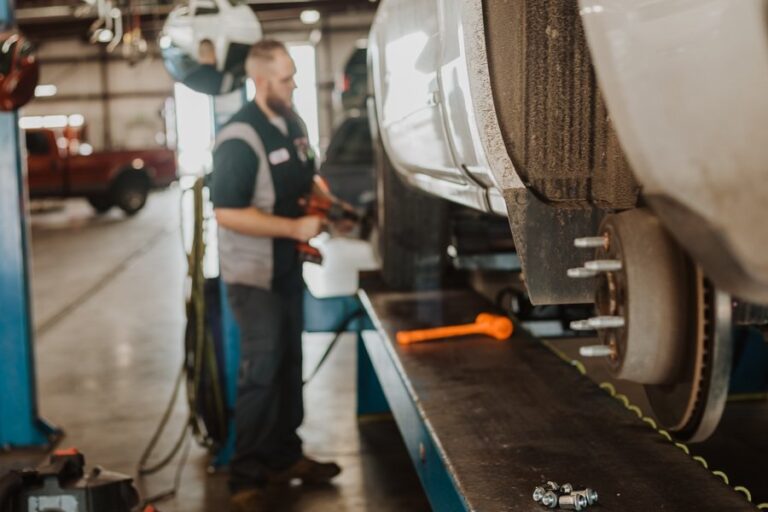Unquestionably, one of the most important parts of any car is its brake system, which performs the vital job of giving the stopping force required to maintain driver safety. Even seemingly innocuous driving conditions may become hazardous very rapidly in the absence of good brakes. Different weather conditions may have a major effect on how well brakes work, which can reduce their effectiveness and raise the danger of accidents. Rain, for example, may cause roadways to become slippery, resulting in less traction and longer stopping distances. In a similar vein, snow or ice may make brakes less effective as tire tread cannot adequately hold the slippery surface, increasing the risk of sliding and losing control.
Rainy Seasons: An Unspoken Problem
When it rains, water collects on the roadways, making them dangerously treacherous. Water may cause “hydroplaning,” or the tires losing contact with the road surface when the brakes are engaged. This can result in increased stopping distances. Furthermore, moisture may erode braking parts such as pads and rotors, reducing their effectiveness over time. Frequent checks enable specialists to foresee and prevent these problems, guaranteeing that the brake system will continue to function as intended even in inclement weather.
Ice and Snow: The Freezing Point
Brake performance has unique hurdles throughout the winter months. Because of the potential for slick conditions caused by snow and ice, more braking effort is needed to keep control. The danger of brake failure rises sharply in situations when braking systems are not adequately maintained. Additionally, ice may form an insulating coating that impedes the correct engagement of the brakes. Wintertime checkups by the Auto Services in Palmer, MA on a regular basis may assist identify issues and guarantee that the rotors, brake pads, and other related parts are in good working order.
Heat and Elevated Temperatures: A Sword with Two Edges
Although they may not appear as dangerous for brake performance, high temperatures may nevertheless be quite dangerous. The condition known as fading, which is often brought on by abrupt or frequent stops, may be brought on by overheated brakes. Heat may also cause brake fluid to boil, which leaves vapor in the system and reduces efficacy. It is important to check brakes in hot weather to make sure they are not only free from damage but also capable of effectively dispersing heat.
Annual Inspections: An Essential Watchfulness
The complex way that weather affects brake performance makes year-round checks imperative. These inspections may assist in identifying wear indicators, checking fluid levels, and locating any other problems that might not be immediately apparent, particularly after really unfavorable weather occurrences. Maintaining proper and functioning brakes may protect drivers from possible dangers and increase the brake system’s lifespan.











